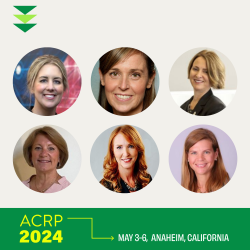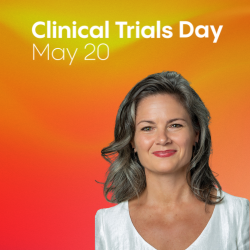If necessity is the mother of invention, the COVID-19 pandemic parented a number of innovative leaps forward in the clinical trial industry. From the increased adoption of technology to the embrace of decentralized clinical trials (DCTs), practitioners raised their performance across the board to ultimately produce safe and effective vaccines at warp speed.
In North Carolina, for example, the team at the Duke Clinical Research Institute (DCRI) developed the HERO program, a registry created at the outset of the COVID-19 epidemic. It invited healthcare workers to join a research-ready registry to fight the pandemic by sharing information on what it was like to work and live during the pandemic. As of June 2021, they’d enrolled more than 35,000 healthcare workers and those who support them, including family members and friends.
“We leveraged existing relationships to turn people into [clinical trial] champions,” says Patty McAdams, communications project manager at DCRI. McAdams and others will share key metrics and important lessons learned along the way during a July 14 ACRP Webinar designed to help attendees boost their own recruitment efforts.
The HERO team effectively deployed rapid enrollment in the registry fueled by strategic communications and other tools, including developing and packaging more than a dozen targeted promotional materials and campaigns into an online toolkit shared with stakeholders.
The team also produced more than 20 content pieces, including press releases, blog posts, and videos resulting in more than 190 media mentions from channels across the country that led to the enrollment of more than 15,000 people in two and a half months from all 50 states. It also conducted a town hall in March 2021 to help expand the program.
“People like to share stories, and [the town hall helped] us better understand what is on their mind” in terms of healthcare challenges and hot topics that will inform future research, McAdams says.
Author: Michael Causey



